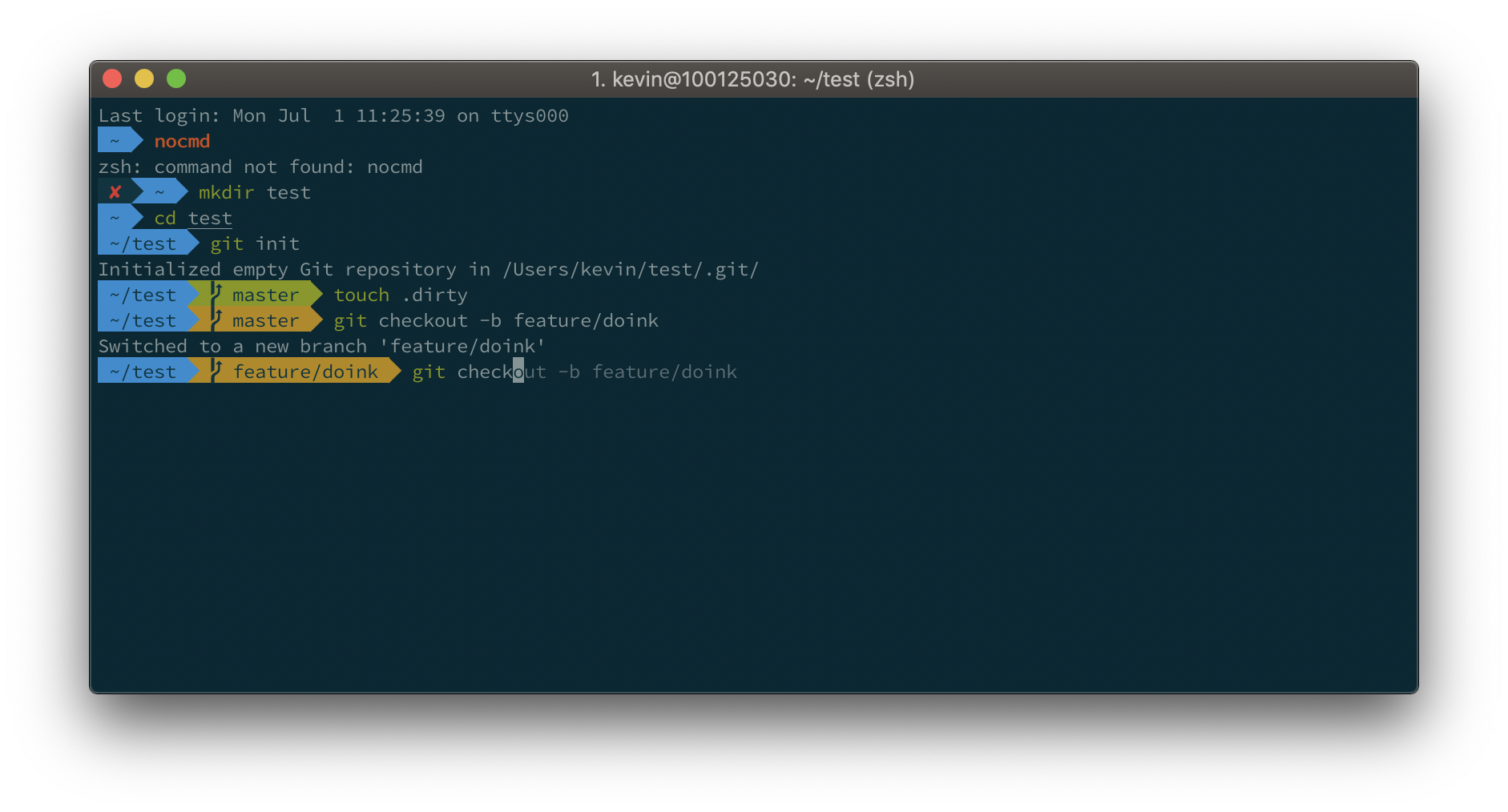This file contains bidirectional Unicode text that may be interpreted or compiled differently than what appears below. To review, open the file in an editor that reveals hidden Unicode characters.
Learn more about bidirectional Unicode characters
| def upsert(db_cur, table, pk_fields, schema=None, **kwargs): | |
| """Updates the specified relation with the key-value pairs in kwargs if a | |
| row matching the primary key value(s) already exists. Otherwise, a new row | |
| is inserted. Returns True if a new row was inserted. | |
| schema the schema to use, if any (not sanitized) | |
| table the table to use (not sanitized) | |
| pk_fields tuple of field names which are part of the primary key | |
| kwargs all key-value pairs which should be set in the row | |
| """ |
This file contains bidirectional Unicode text that may be interpreted or compiled differently than what appears below. To review, open the file in an editor that reveals hidden Unicode characters.
Learn more about bidirectional Unicode characters
| """ | |
| Implementation of pairwise ranking using scikit-learn LinearSVC | |
| Reference: | |
| "Large Margin Rank Boundaries for Ordinal Regression", R. Herbrich, | |
| T. Graepel, K. Obermayer 1999 | |
| "Learning to rank from medical imaging data." Pedregosa, Fabian, et al., | |
| Machine Learning in Medical Imaging 2012. |
This file contains bidirectional Unicode text that may be interpreted or compiled differently than what appears below. To review, open the file in an editor that reveals hidden Unicode characters.
Learn more about bidirectional Unicode characters
| """ | |
| Implementation of pairwise ranking using scikit-learn LinearSVC | |
| Reference: "Large Margin Rank Boundaries for Ordinal Regression", R. Herbrich, | |
| T. Graepel, K. Obermayer. | |
| Authors: Fabian Pedregosa <fabian@fseoane.net> | |
| Alexandre Gramfort <alexandre.gramfort@inria.fr> | |
| """ |
This file contains bidirectional Unicode text that may be interpreted or compiled differently than what appears below. To review, open the file in an editor that reveals hidden Unicode characters.
Learn more about bidirectional Unicode characters
| #! /usr/bin/env python | |
| import sys | |
| import random | |
| import pymc | |
| import numpy | |
| from dendropy.mathlib import probability as prob | |
| from dendropy.mathlib import statistics as stats | |
| rng = random.Random() |
This file contains bidirectional Unicode text that may be interpreted or compiled differently than what appears below. To review, open the file in an editor that reveals hidden Unicode characters.
Learn more about bidirectional Unicode characters
| #!/usr/bin/env python | |
| import json | |
| import urllib | |
| def estimated_count_for(search_term): | |
| url = 'http://ajax.googleapis.com/ajax/services/search/web?v=1.0&%s' % urllib.urlencode({'q': search_term}) | |
| results = json.loads(urllib.urlopen(url).read()) | |
| try: | |
| return results['responseData']['cursor']['estimatedResultCount'] | |
| except KeyError: |
This file contains bidirectional Unicode text that may be interpreted or compiled differently than what appears below. To review, open the file in an editor that reveals hidden Unicode characters.
Learn more about bidirectional Unicode characters
| import functools | |
| import threading | |
| # A decorator that will run its wrapped function in a new thread | |
| def run_in_new_thread(function): | |
| # functool.wraps will copy over the docstring and some other metadata | |
| # from the original function | |
| @functools.wraps(function) | |
| def fn_(*args, **kwargs): | |
| thread = threading.Thread(target=function, args=args, kwargs=kwargs) |
This file contains bidirectional Unicode text that may be interpreted or compiled differently than what appears below. To review, open the file in an editor that reveals hidden Unicode characters.
Learn more about bidirectional Unicode characters
| import java.lang.Math | |
| import org.apache.spark.rdd.RDD | |
| import org.apache.spark.mllib.recommendation.Rating | |
| import org.apache.spark.mllib.recommendation.ALS | |
| import org.apache.spark.mllib.recommendation.MatrixFactorizationModel | |
| import org.apache.spark.mllib.util.MLUtils.kFold | |
| // Preload some Rating data for my own convenience | |
| val txt = sc.textFile("/home/eje/git/ratorade/data/bgr.dat") | |
| val ratings = txt.map(_.split('\t') match { case Array(user, item, rating, _, _) => Rating(user.toInt, item.toInt, rating.toDouble / 100.0)}) |
This file contains bidirectional Unicode text that may be interpreted or compiled differently than what appears below. To review, open the file in an editor that reveals hidden Unicode characters.
Learn more about bidirectional Unicode characters
| from urllib2 import urlopen | |
| from json import load | |
| import re, nltk | |
| from nltk.stem.wordnet import WordNetLemmatizer | |
| from nltk.corpus import wordnet, stopwords | |
| import logging | |
| logging.basicConfig(format='%(asctime)s : %(levelname)s : %(message)s', | |
| level=logging.INFO) | |
| from gensim import corpora, models, similarities, matutils | |
| import numpy as np |
Moved to tdhopper.com.
OlderNewer

